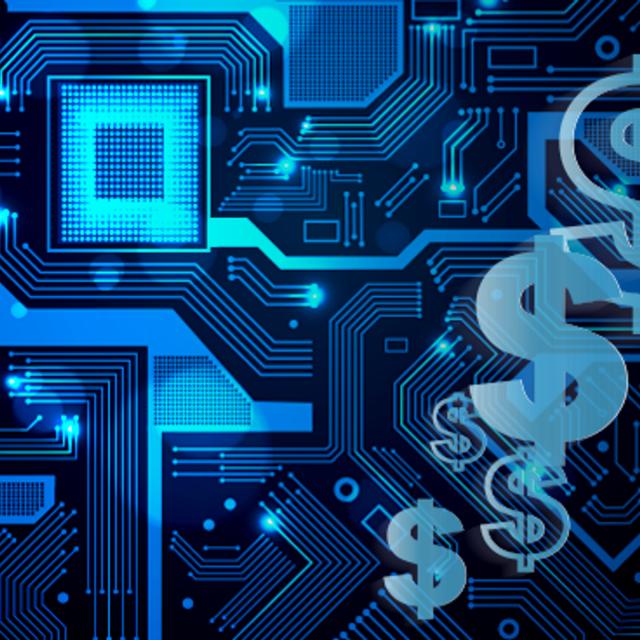MOOC List is learner-supported. When you buy through links on our site, we may earn an affiliate commission.

MOOC List is learner-supported. When you buy through links on our site, we may earn an affiliate commission.
We also study the impact of AI-driven technological change on labor markets and workers, evaluating to what extent fears about technological unemployment are well-founded. We continue with an analysis of economic policies to deal with advanced AI. Finally, we evaluate the potential for transformative progress in AI to lead to significant disruptions and study the problem of how humans can control highly intelligent AI algorithms.
What You Will Learn
- how advanced artificial intelligence will affect our economy and our society
Syllabus
WEEK 1
What is Intelligence?
Welcome to the Economics of AI! This week, we are starting with an analysis of the nature of intelligence, its relationship to agents and goals, and the basics of information theory. We will also take a quick look at recent advances in AI and what they entail for our economy. These are materials that are not typically covered in economics courses, but they are crucial for understanding the profound changes that AI will trigger in our economy. We will build on them in the economic models that we will cover in the following modules. As you are working through the course materials, please share your impressions in our discussion forum. The forum also has a section in which I want to invite you to discuss the most up-to-date technological advances in AI and speculate how they will affect us.
WEEK 2
Modeling Technological Progress
Welcome to week 2 of the Economics of AI! I hope that you have enjoyed the material so far, and that it has changed your outlook on AI. This week, we are going back to a more traditional economic theme: how to capture technological progress in economic models.
We will pay particular attention to the possibility of labor-saving progress and to the increasing role of information goods, which differ fundamentally from more traditional factors because they are non-rivalrous. We will also explore how to capture the complex nature of modern production networks. Please share your take – including any difficulties that you have with the materials – on the discussion forum. (And if you are on top of the material, I hope you'll go there to help your fellow classmates :)
WEEK 3
AI and Economic Growth
Welcome to week 3. After last week’s materials on modeling technological advances, we are turning to their effects on economic growth, which has traditionally been the main driver of people’s living standards.
Humanity has spent much of its history in a Malthusian state in which our material means were just enough to survive. The Industrial revolution marked a sea change and gave rise to continuous growth as captured by e.g. the Solow model. Will growth in the Age of AI follow a similar trajectory? Will it give rise to super-exponential growth or a singularity? Or will it throw us back into a Malthusian state?
WEEK 4
Labor Markets and Inequality
Welcome to week 4 of the Economics of AI, in which we will zero in on the implications of technological advances such as AI for labor markets and inequality.
We’ll start by looking at the effects of progress on labor markets in a neoclassical model. Next we’ll investigate the scope for technological unemployment and find that we should perhaps be even more concerned about inequality. After going over the developments in labor markets of recent decades, we’ll ask what it would mean for humanity if labor was phased out at in the future.
WEEK 5
Economic Policy in the Age of AI
Welcome to week 5. We are using this week to examine how economic policy can respond to the economic challenges generated by advances in AI – based on an in-depth analysis of the relationship between technological progress and welfare.
The economic policy responses that we’ll analyze include not only measures to enhance efficiency, such as technology policy, antitrust, or intellectual property regimes, but also measures to make the distribution of income more desirable, including pre-distribution and instruments of redistribution such as a UBI. We’ll also investigate how to steer technology into more desirable directions.
WEEK 6
The Economics of Transformative AI
Congratulations on making it to the sixth and final week of our course, in which we will focus on two topics that are a bit more futuristic. First, we will examine how to think about an economy in which humans aren’t the only intelligent agents. Second, we will use the tools from economics to analyze the AI control problem. We conclude by highlighting the important role that thoughtful economic analysis can play in creating a better future.
MOOC List is learner-supported. When you buy through links on our site, we may earn an affiliate commission.
MOOC List is learner-supported. When you buy through links on our site, we may earn an affiliate commission.
